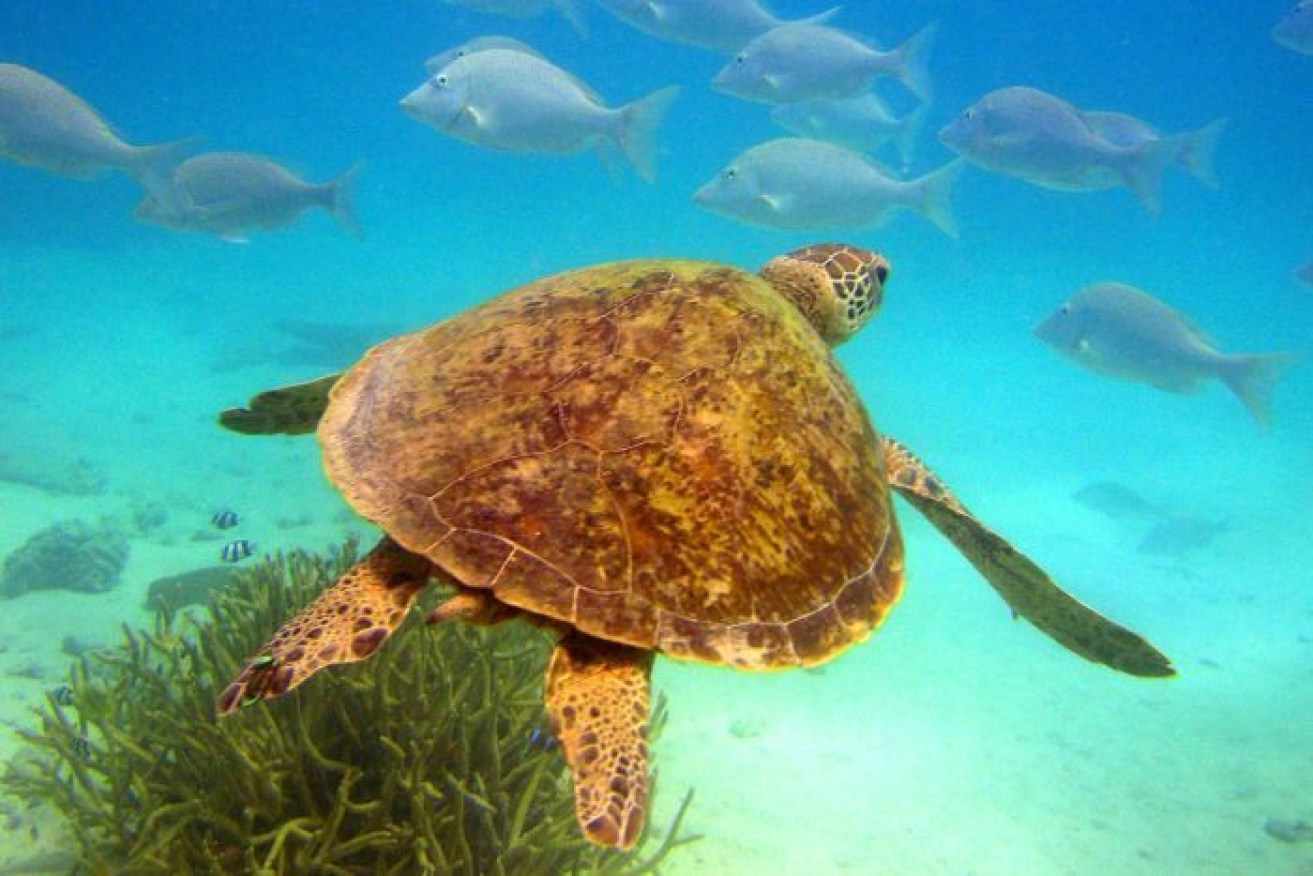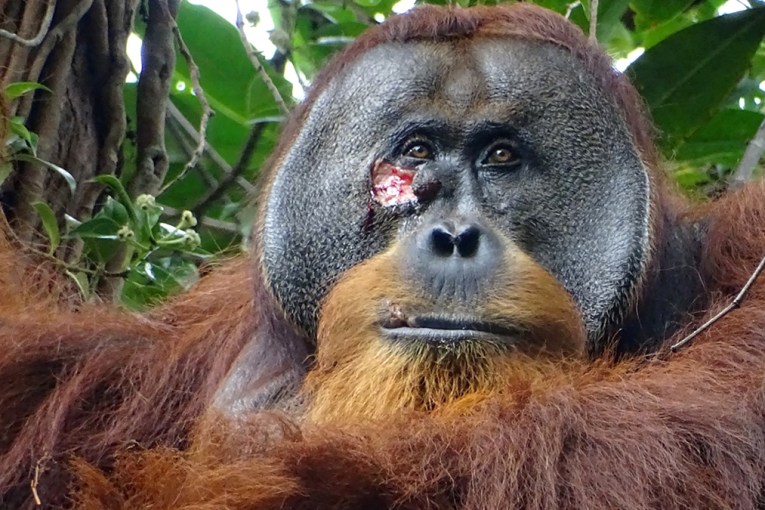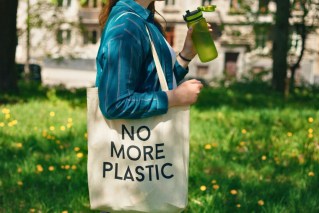Great Barrier Reef ‘in danger’: UNESCO

The federal Environment Minister Sussan Ley says Australia opposes the recommendation.
Australia will contest a draft recommendation to list the Great Barrier Reef as a world heritage site “in danger” after a United Nations body called for more government action on climate change.
Federal Environment Minister Sussan Ley said the government was “blindsided” by the UNESCO World Heritage Committee report, which cited successive reef bleaching events as being of particular concern.
The long-term outlook for the reef had deteriorated from “poor to very poor”, the draft decision said. But the federal government strongly opposed the move, which could put the reef’s world heritage status at risk, affecting tourism and other ventures.
“It is a backflip on previous assurances, it is a deviation from normal process and it’s based on just a desktop review without the latest information,” Ms Ley said on Tuesday.
She agreed climate change was the biggest threat to the reef but said Australia had the best reef management practices in the world and believed politics were behind the “flawed” decision.
“Those politics have subverted a proper process and for the World Heritage Committee to not even foreshadow this listing is, I think, appalling,” she said.
While Ms Ley did not single out China, the main world heritage committee decision-making body is chaired by a Chinese official and on May 27 it indicated the reef would not be listed as in danger.
“Only a week ago we were reassured that this was not going to occur,” Ms Ley said.
“When the assurances that my officials received, and indeed I did, have all been up ended at the last minute, what else can you conclude but that it is politics?”
It’s understood three other advisory bodies that feed information to the committee also have Chinese officials in senior roles.
Prime Minister Scott Morrison recently returned from Europe and the G7 summit in Britain, where he courted support for Australia in its diplomatic and trade battle with the superpower.
Australia’s views on the draft decision were made “very clear” to the director-general of UNESCO by Ms Ley and Foreign Minister Marise Payne in a phone call on Monday night.
“We will contest this flawed approach, particularly because it’s sending a poor signal to those nations who are not making the investments in reef protection that we are making,” Ms Ley said.
However, the decision did not come as a shock to James Cook University’s Terry Hughes, who said UNESCO had been moving toward linking the climate change polices of individual countries to stewardship of their world heritage sites.
“This draft decision, which will be ratified in July by the World Heritage Committee, is a logical one and one that isn’t terribly surprising,” Professor Hughes told ABC radio on Tuesday.
He said there was a difference between just admitting climate change was the single biggest pressure on the reef and taking action to reduce it.
“Australia is still refusing to sign up to a net zero target by 2050 which makes it a complete outlier,” he said
“This draft decision from UNESCO is pointing the finger at Australia and saying, if you’re serious about saving the Great Barrier Reef, you need to do something about your climate policies.”
The UNESCO recommendation meant it was critical for countries, including Australia, to limit global temperature increases to 1.5 degrees, the World Wide Fund for Nature’s head of oceans in Australia, Richard Leck, said.
“Clearly, the significant coral mortality has prompted UNESCO to urge the Australian government to do more on climate,” he said.
The UNESCO committee draft report “strongly invites” the government “to undertake actions to address climate change under the Paris agreement” to reduce global greenhouse gas emissions.
A number of other globally significant sites are under consideration for an ‘in danger’ listing, including the Kathmandu Valley in Nepal, parts of Budapest in Hungary and Venice and its lagoon in Italy.
-AAP








